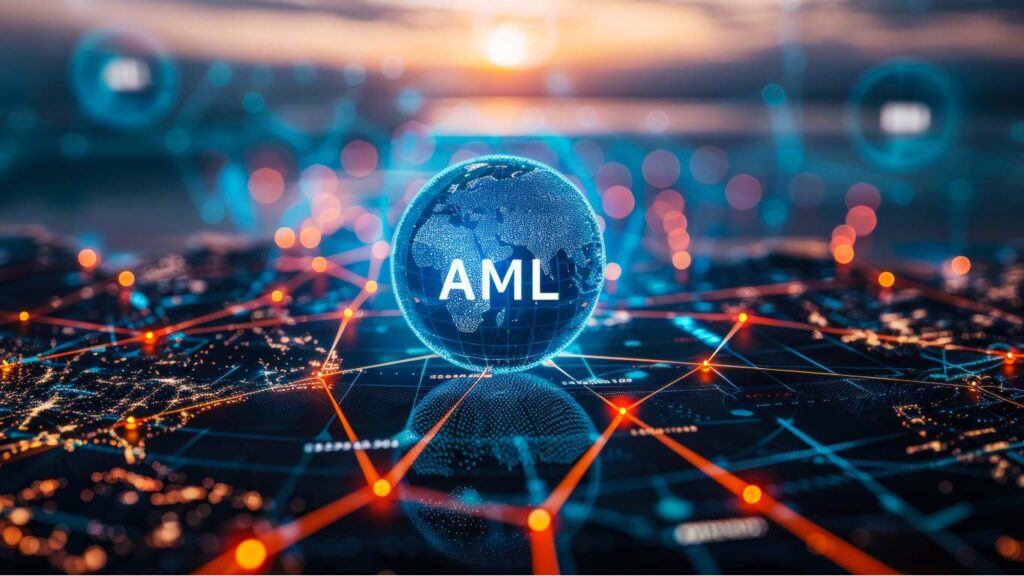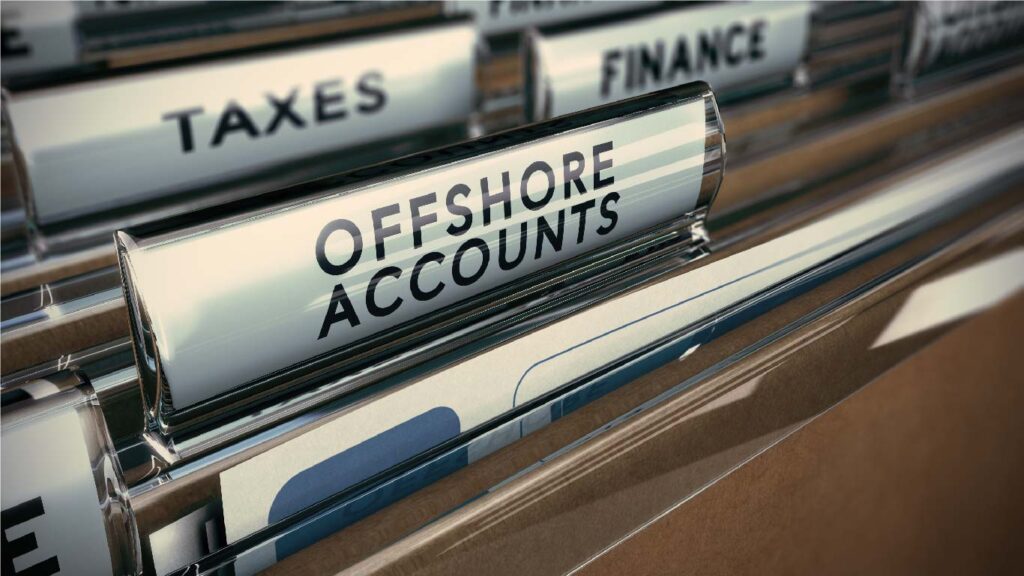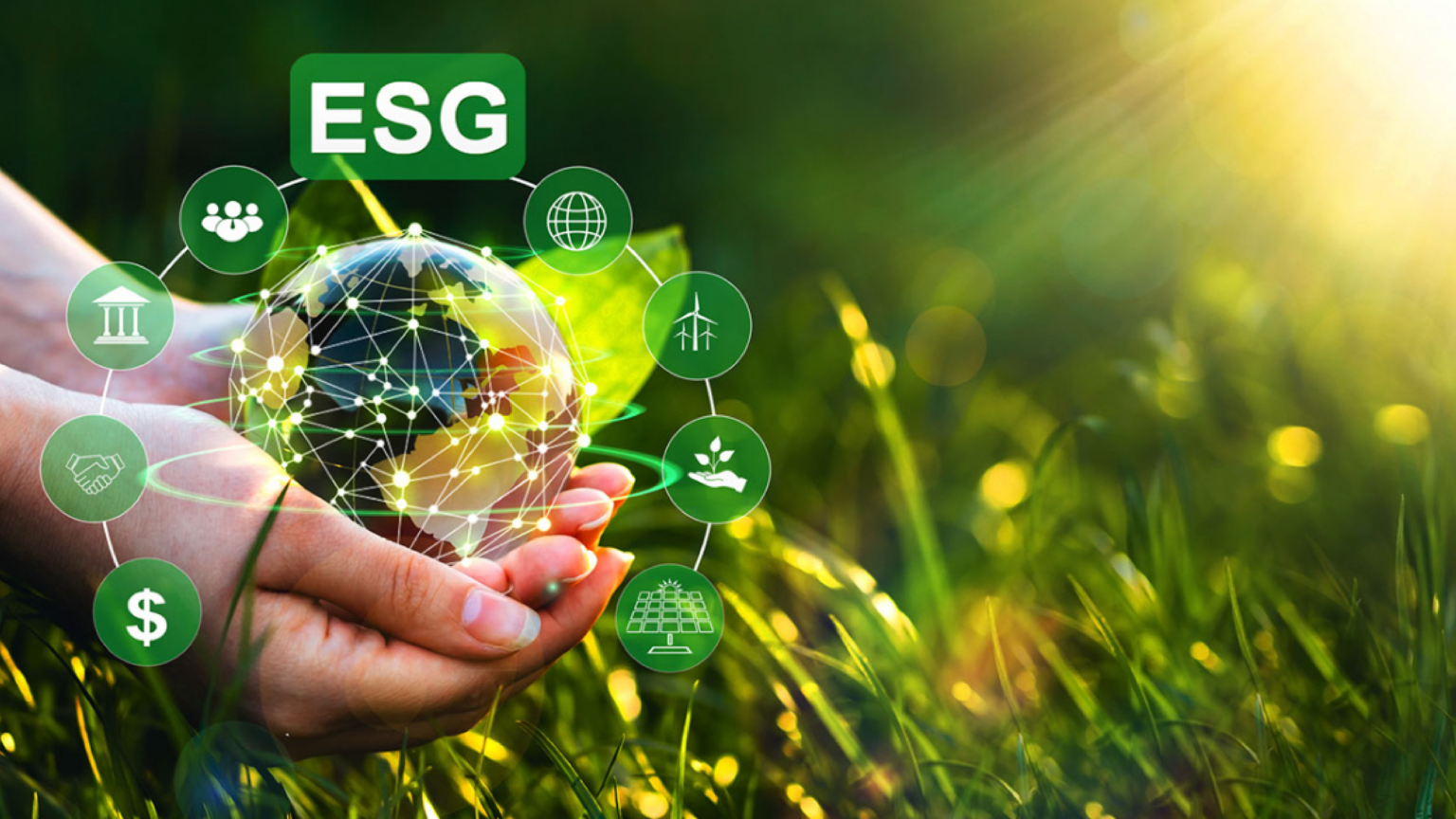Environment Social Governance
The author

Table of Content
Introduction
The term “ESG” (Environment, Social, Governance) is currently on everyone’s lips. Sustainability or sustainable action, which places companies in particular under an obligation as important drivers for a more sustainable future, is nothing new.
For a long time, however, it felt as if only recommendations for action were being made that had little or no consequences in the event of non-compliance.
We are currently undergoing a change here. A change that has possibly also been brought about by the extreme situations of recent years and emphasises the urgency of measures to safeguard the future. Critically reflective consumer behaviour and increased socio-political commitment (e.g. 17 UN Sustainable Development Goals) are inevitably leading to necessary adjustments to corporate strategies and the entire product portfolio with a focus on sustainability.
ESG can therefore now be seen more as a necessary means of safeguarding operations that enables long-term competitiveness.
Could the impact of natural disasters, a pandemic and wars on the economy have been mitigated by ESG and the changing understanding of sustainability? We asked ourselves this question internally, as well as the question of Germany’s economic vulnerability due to globalisation.
How does Germany's economic vulnerability express itself?
As a country with few raw materials, Germany is necessarily dependent on raw material imports from abroad. Consequently, a high degree of economic independence through raw material self-sufficiency is not possible or is difficult to achieve. This dependency poses a major threat to economic growth. But it is not only raw material suppliers that pose an economic threat.
There were already supply bottlenecks in 2020 and 2021, including due to closed borders, staff absences due to illness, container shortages and interrupted supply chains due to the disruption of neuralgic trade routes (blockage of the Suez Canal by Ever Given). This situation has been exacerbated since 2022 by Russia’s war in Ukraine.
The economic and financial sanctions imposed and the commodity dependencies mentioned above are driving up consumer prices. Millions of people have been displaced and entire sectors of the Ukrainian economy have come to a complete standstill. A globally networked world is now finally revealing its weak points.
ESG as a way out of the crisis?
Even if ESG is ostensibly dedicated to a socially responsible and ecologically sustainable corporate policy that does not appear to make any direct reference to the problems mentioned at the beginning, this is nevertheless indirect in every respect.
As a result of the war in Ukraine, ESG-related sustainability goals are now being absorbed into security policy endeavours. For example, it can be observed that reducing economic dependencies by shortening supply chains – a genuine sustainability issue – has now also taken on security and geopolitical significance, meaning that previously social and environmental issues have now also become the subject of responsible corporate governance. Sustainability aspects such as the decarbonisation of the economy and the massive expansion of renewable energies have also become necessary measures to secure the company’s location and competitiveness, which responsible corporate management cannot ignore.
The transition to renewable energies should be driven forward, even if this initially means switching to short-term alternatives in the form of fossil fuels. The net-zero target will be slowed down for the time being, but will play a decisive role in the development and expansion of alternative energy sources.
In the long term, too, this changeover will become relevant not only from an ecological but also from an economic perspective. Increasingly rising prices for fossil fuels are making companies less and less competitive; at worst, the immense cost pressure caused by higher prices for fossil fuels is making companies unprofitable and threatening their existence in the long term. Switching to renewable energies offers major competitive advantages here. The fact that companies recognise the need to act sustainably can be seen, for example, in the ever-expanding product portfolio of insurers and financial service providers. Sustainability is often not only desired, but a clear customer requirement.
Unfortunately, it is often crises that catalyse the necessary changes. A single big step does not lead us out of crises; many small, painstaking steps are required and it remains to be seen whether the will to take this path with the necessary vigour exists.
Conclusion
ESG or sustainable behaviour will not be able to lead us through current or future crises without damage. So will acting sustainably or investing in the expansion of renewable and independent energies make us less vulnerable to crises such as wars, natural disasters or pandemics? Only to a limited extent! But they do play a major role in ensuring that the inevitable consequences of these disruptive events are less devastating.
The challenges we face as humanity are existential and their consequences are already forcing us to find an answer in a very short space of time to the question of what losses we are prepared to accept and what we want to do instead of our current, future-blind approach to the planet’s natural resources. One thing is certain – if we are not “forced” to learn a climate- and resource-friendly course of action, we will not create a new order for the world – then this planet will force us to accept its world order.
Other articles
Sources:
This article is based on the following german thesis with a public survey. The survey ran for 14 days and was then analysed.







